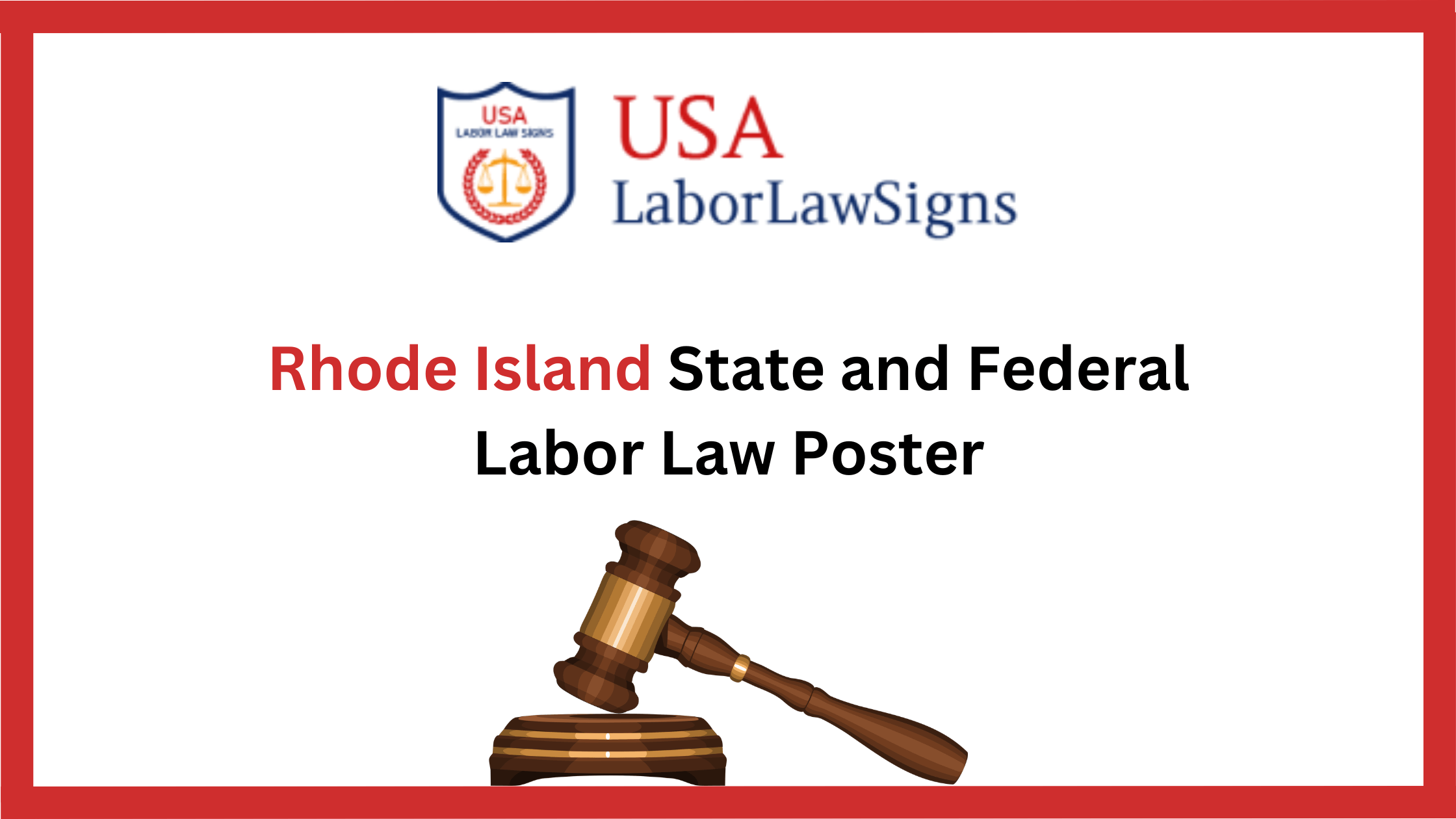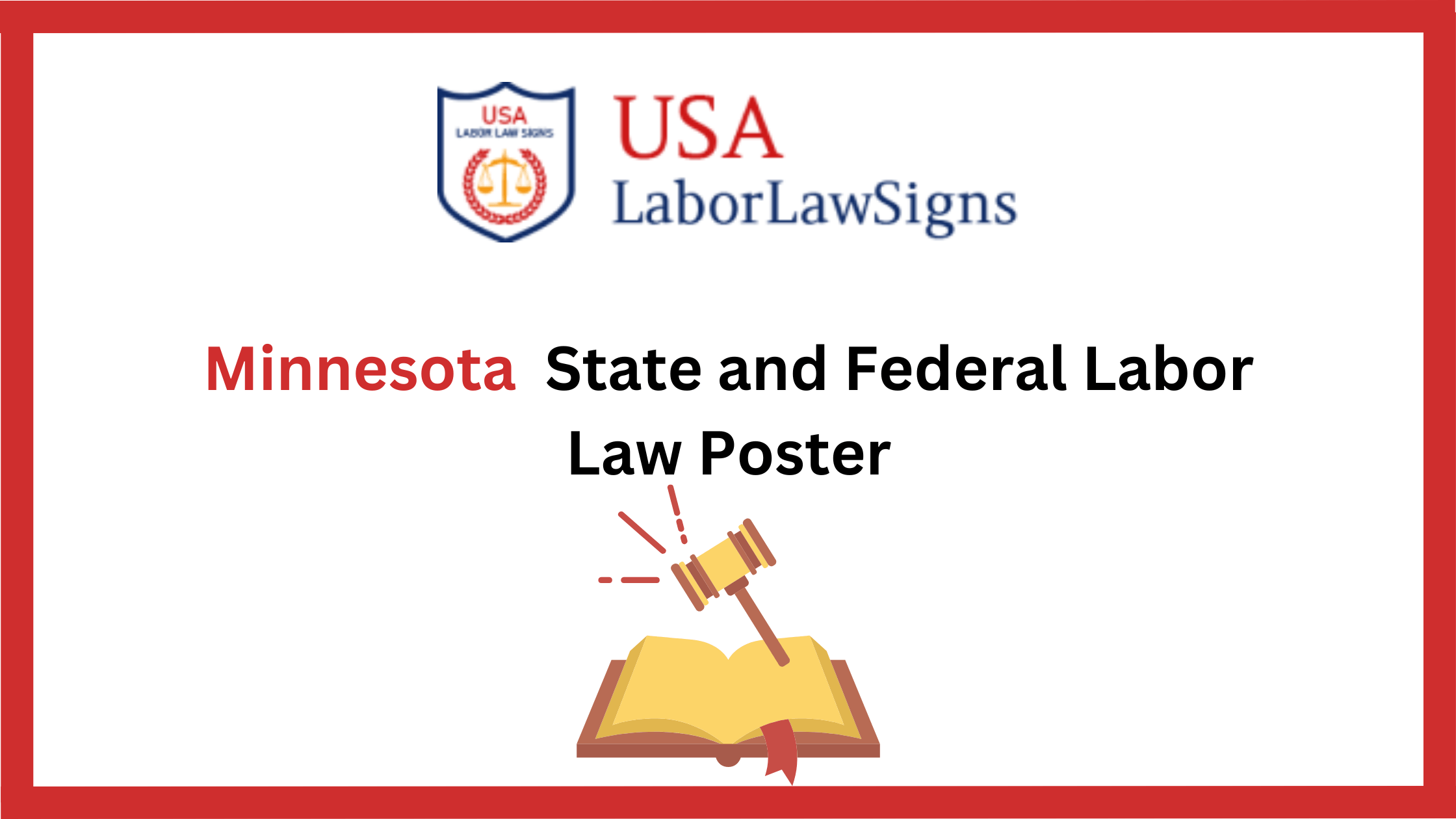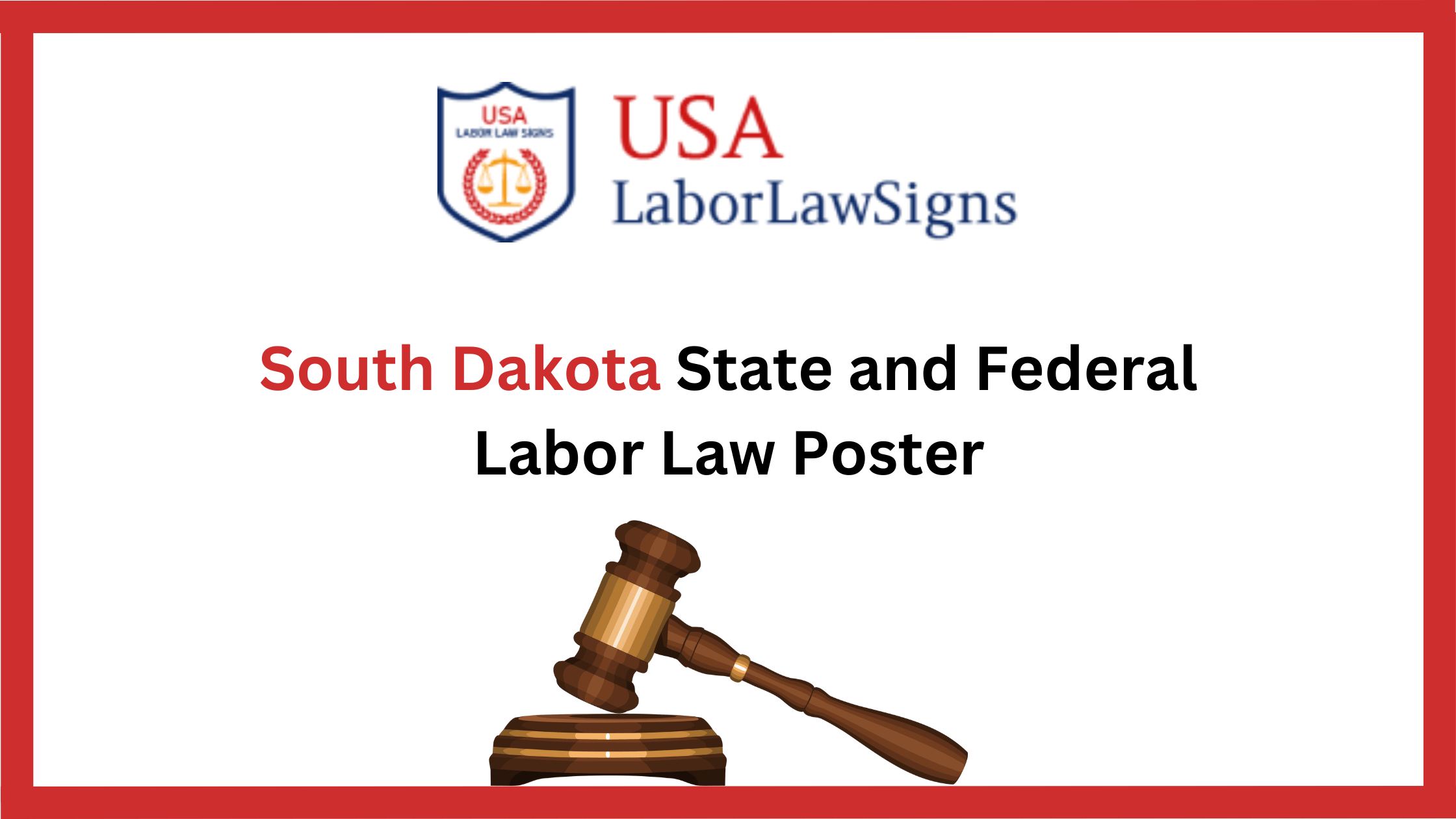Rhode Island Labor Law Poster: Key Elements and Requirements
Rhode Island, known as the “Ocean State,” has specific labor laws to protect employees and employers’ rights and interests. Compliance with these laws is crucial to maintain a fair and harmonious work environment. One essential aspect of compliance is the display of labor law posters, which inform employees of their rights and responsibilities.
This article aims to provide a comprehensive overview of the key elements and requirements for the Rhode Island labor law poster.
Key Elements and Requirements of Rhode Island Labor Law Poster
Purpose and Importance of Labor Law Posters
Labor law posters ensure employees know their rights under state and federal laws. These posters must be displayed prominently in areas accessible to all employees, such as break rooms, cafeterias, or near time clocks. Labor law posters aim to inform employees about their rights concerning minimum wage, overtime, workplace safety, discrimination, and other relevant labor regulations. Failure to display these posters can result in penalties, fines, or potential legal consequences for employers.
Rhode Island Labor Laws Covered by the Poster
The Rhode Island labor law poster includes information on various state-specific regulations that employees must know.
Key areas covered by the poster include:
A) Minimum Wage and Overtime
The poster details the current minimum wage rate, overtime laws, and how to calculate overtime pay for eligible employees.
B) Equal Pay
Rhode Island has laws prohibiting gender-based wage discrimination, and the poster highlights these regulations and informs employees of their right to equal pay for equal work.
C) Workplace Safety and Health
The poster includes information on workplace safety regulations, including reporting workplace injuries, workers’ compensation, and protection against retaliation for reporting safety violations.
D) Discrimination and Harassment
Rhode Island’s labor law poster provides information about laws protecting employees from discrimination based on race, color, religion, sex, sexual orientation, gender identity, age, disability, or national origin. It also informs employees about their rights and how to file complaints.
E) Family and Medical Leave
The poster outlines the provisions of Rhode Island’s Family and Medical Leave Act, which allows eligible employees to take unpaid leave for specific family and medical reasons.
Design and Content Requirements
The Rhode Island labor law poster must meet specific design and content requirements to ensure clarity and effectiveness.
The following elements should be included:
A) Poster Size and Format
The poster must be at least 11×17 inches and written in a clear, legible font. It should be printed on a durable material and displayed in a conspicuous location where employees can easily see and read it.
B) Poster Language
The poster must be written in English, but if many employees speak a language other than English, the poster should be translated into that language.
C) Required Information
The poster should include all the relevant state labor laws and contact information for the Rhode Island Department of Labor and Training (DLT), so employees can report violations or seek further clarification.
D) Up-to-Date Content
Employers must ensure that the information displayed on the poster is current and up-to-date. If there are any changes to the labor laws, a new poster must be obtained and displayed promptly.
Consequences of Non-Compliance
Failure to comply with the Rhode Island labor law poster requirements can have serious consequences for employers. The Department of Labor and Training (DLT) can conduct inspections and investigate complaints related to labor law violations. If an employer is non-compliant, they may face penalties, fines, or legal action.
Employers should regularly monitor updates from the DLT to stay informed about changes in labor laws and ensure that their posters remain current. It is also advisable to consult legal counsel or labor law experts to ensure compliance with all applicable regulations.
Conclusion
The Rhode Island labor law poster is valuable for informing employees about their rights and responsibilities. Compliance with the poster requirements is essential for employers to maintain a fair and lawful work environment.
By displaying the poster prominently and ensuring its up-to-date content, employers can demonstrate their commitment to employee rights and avoid potential penalties or legal consequences. Employers in Rhode Island must familiarize themselves with the specific labor law poster requirements and take the necessary steps to achieve full compliance.
Read Related: New Mexico Labor Law Poster: A Guide for Small Business Owners










